Outlier Projects accelerates frontier research to predict and prevent catastrophic climate risks.
The climate stands on a knife’s edge. The world is blowing past the Paris Agreement’s 1.5°C warming limit. Hotter temperatures threaten to activate runaway feedback loops and trigger planetary tipping points, like the collapse of the West Antarctic Ice Sheet.
Decarbonization and adaptation are more essential than ever. But they may not be enough to safely manage “temperature overshoot,” including the danger that climate disasters could derail decarbonization and adaptation themselves.
That’s why we need to improve forecasting of catastrophic risks and evaluate tools that could stabilize climate systems at the necessary speed and scale.
Outlier Projects supports skilled teams that coordinate and fund rigorous research and spur governments to do the same.
Thwaites Glacier by NASA/James Yungel
Glacier
Stabilization
To reduce sea-level rise
Sea level rise is one of the largest and least understood climate risks facing the planet, yet research on its drivers receives paltry funding. Scientists warn that sea levels could rise anywhere from 2 to 7 feet by 2100, displacing 50 to 500 million people (for context, WWII displaced 60 million). The biggest threat is the collapse of the Thwaites Glacier in West Antarctica, which could trigger 3-4 feet of sea level rise.
To manage these risks, we urgently need to upgrade our forecasting capabilities and evaluate how to prevent worst case scenarios. The bad news is that eliminating emissions will not prevent the collapse of Thwaites and other critical glaciers. The good news is that glaciologists have begun to study the conditions under which glaciers already naturally refreeze themselves and how to replicate them.
Current Grantee
Past Grantee
Super Pollutant Abatement
& Removal
To rapidly counter warming
Super pollutants like methane and nitrous oxide are responsible for half of all warming, yet receive only a tiny fraction of climate mitigation funding. Many promising abatement solutions already exist and merit faster deployment. But we also urgently need to accelerate R&D of more scalable solutions for challenges like pasture-based livestock, which produce about 90% of global livestock methane emissions.
Warming is also causing natural systems like wetlands and permafrost to release more methane, raising the risk of runaway feedback loops. One way to manage this risk could be methane removal, for example by enhancing natural atmospheric oxidation pathways. But such approaches are still very early-stage and require much more research.
Current Grantee
Sunlight Reflection
To rapidly counter warming
The Earth reflects approximately 30% of the sunlight that reaches it. Reflecting just 1% more, potentially by releasing small particles into the stratosphere, could offset an entire 1°C of global warming. But such approaches also carry risks.
That’s why the National Academies of Sciences, Engineering, and Medicine, the White House Office of Science and Technology Policy, and the World Climate Research Programme have all called for more research. Yet research funding from governments and philanthropies is still far from sufficient to enable informed decision-making. We support several organizations advancing scientific and public understanding of sunlight reflection methods (SRM), including in the Global South.
Current Grantees
Open-System
Carbon Removal
To return atmospheric CO2 to safe levels over the long term
Scaling carbon removal to multiple gigatons per year, as the IPCC calls for, will likely require substantial contributions from “open system” pathways that enhance existing natural processes. One suite of pathways that could be particularly permanent and scalable is called ocean alkalinity enhancement (OAE).
The ocean is already a huge carbon sponge, locking away about a third of CO2 emissions. OAE techniques, many of which involve adding alkaline minerals to the ocean or coastal areas, could potentially enable the ocean to pull gigatons of additional CO2 from the air each year while also providing local relief from ocean acidification.
Current Grantee
Past Grantees
Teams Supporting Multiple Pathways
We also support organizations working across more than one of the tools and research pathways listed above; and in some cases other risks and pathways not listed above.
Current Grantees
Previous Climate Philanthropy
Our work started in 2020 under Additional Ventures. We have supported a number of organizations focused on the climate crisis.
Contact us.
Have questions about us or our grantees? Drop us a line. We’ll get back to you.











































